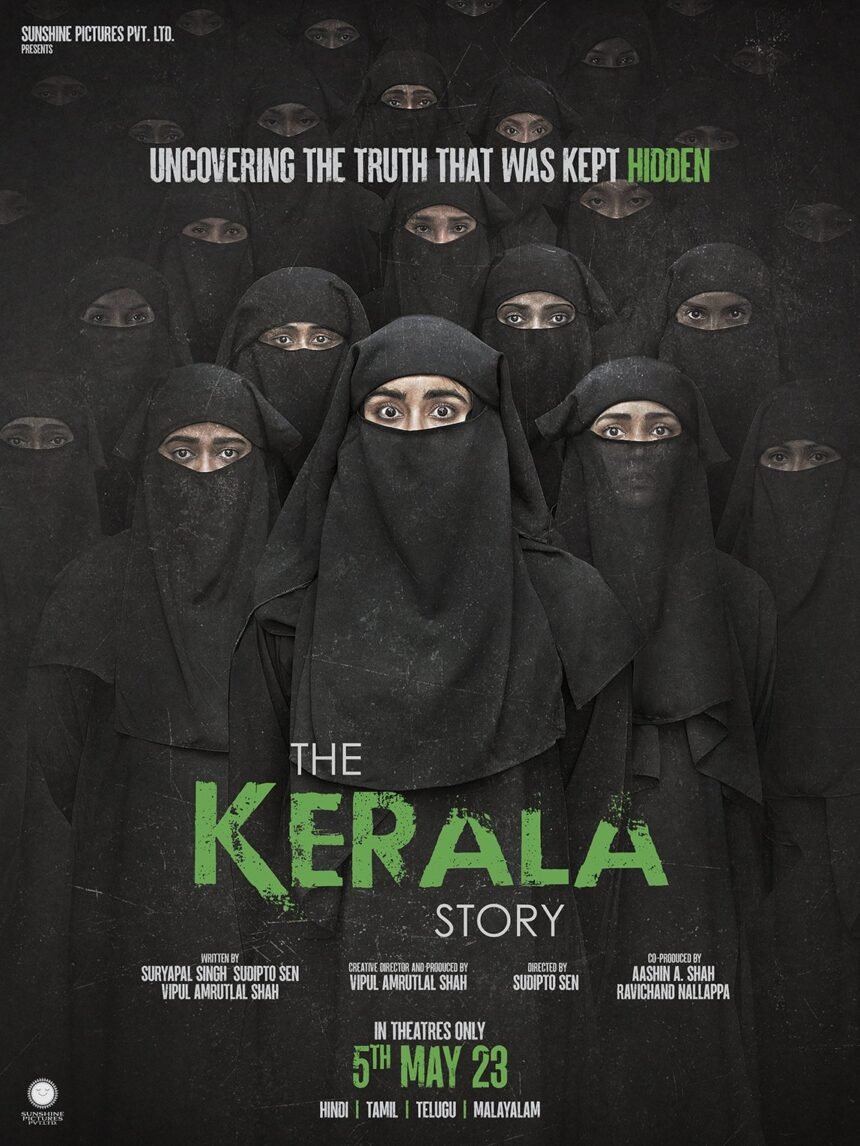Kolkata, May 18 – The Supreme Court has granted permission for the screening of the film ‘The Kerala Story’ in West Bengal. In response, the ruling Trinamool Congress (TMC) has stated that if any issues arise as a result of the film’s showing, the opposition should not hold the ruling party responsible.
Previously, the film had faced a ban on its screening, with authorities expressing concerns about potential tensions among communities. However, the TMC has maintained that the ban was imposed as a precautionary measure.
‘The Kerala Story’, featuring Adah Sharma in the lead role, was released in theaters on May 5. Directed by Sudipto Sen, the film revolves around the claim that women from Kerala were coerced into converting to Islam and subsequently recruited by the terrorist organization Islamic State (IS).
The Supreme Court’s decision to allow the screening of the film comes as a significant development. It signifies the court’s stance on issues related to freedom of expression and artistic freedom. The ruling party, TMC, has emphasized that it should not be held responsible for any consequences arising from the screening, suggesting that the responsibility lies with those who may react adversely to the film’s content.
‘The Kerala Story’ has sparked controversy and debate due to its subject matter, which touches upon sensitive issues of religion and terrorism. The film alleges a forced conversion and recruitment narrative, which has garnered attention from various sections of society.
Opponents of the film argue that it perpetuates a negative stereotype and promotes communal disharmony. However, supporters of the film defend it as an artistic representation and an exploration of a particular perspective on historical events.
The TMC’s assertion that the ban was imposed as a preventive measure reflects the party’s cautious approach toward maintaining communal harmony and avoiding any potential unrest or conflicts. By stating that the responsibility should not be placed on the ruling party, the TMC aims to deflect any criticism that may arise due to the film’s screening.
The Supreme Court’s decision to allow the film’s exhibition highlights the significance of upholding freedom of expression and the right to artistic representation. It underscores the importance of engaging in constructive dialogue and debate, even when confronted with controversial subjects.
As ‘The Kerala Story’ now receives clearance for screening, it remains to be seen how the film’s content will be received by the audience and the subsequent impact it may have on public discourse. The controversy surrounding the film serves as a reminder of the delicate balance between artistic expression, societal sensitivities, and the responsibility of filmmakers to handle sensitive subjects responsibly.
In the coming days, the film’s reception and the reactions it elicits will provide a deeper insight into the prevailing social dynamics and the extent to which freedom of expression is upheld in Indian society.




